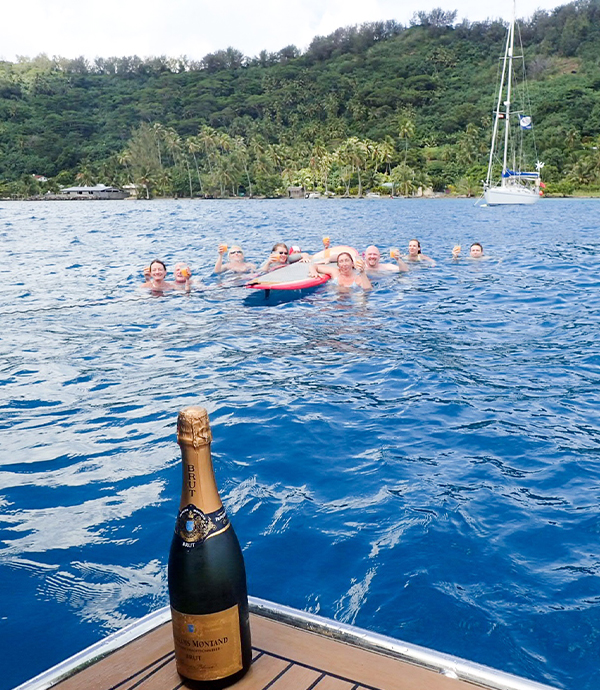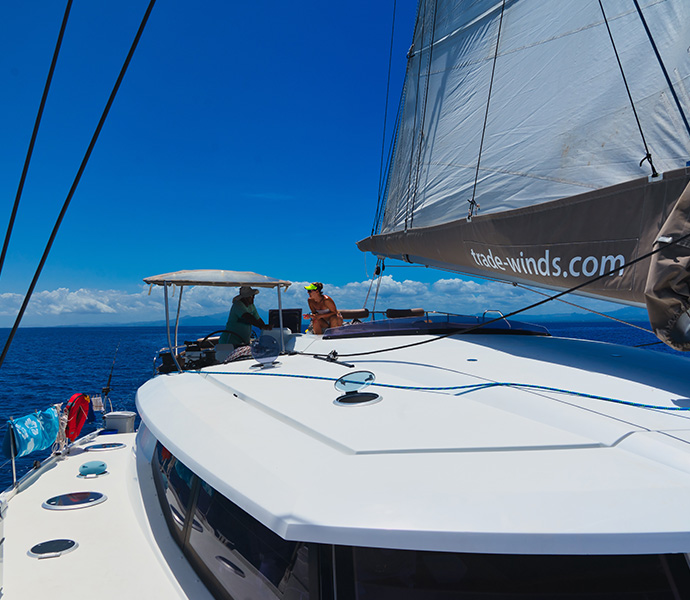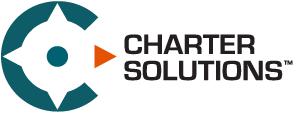An interview with Michael Krouze, chief technology officer at Charter Solutions
In sailing and in life, Michael Krouze has learned the importance of planning ahead. He’s also learned from experience, that adaptability and creativity are equally – if not more – important than planning.
Michael joined Charter Solutions in August of 2007 as chief technology officer and director of the company’s management consulting practice. Over the years, Charter Solutions has become known for their ability to help companies understand which technologies to use, and for creating tailored road maps that show clients what technology to use, what they need to successfully adopt new solutions, and what they can accomplish when all of this is brought together.
But, as with sailing, a successful business journey requires more than just a map. An avid sailor will plan for a journey and ensure they have the right crew, the right supplies, a clear understanding of where they are going, and the ingenuity and perseverance to respond to unexpected situations.
“When you’re on the water, you learn to watch your surroundings. You watch the surface of the water, how the wind is affecting the water, as well as other boats to see what might be coming your way. Being aware of these factors allows you to quickly adapt to changes in your environment, and to assess which tools you might need,” said Michael. “All of this is critical because sometimes, you have to make do with the tools you have.”
Life at the intersection of tech and business is not much different.


The more things change, the more they stay the same.
While technology is always changing and advancing, the challenges for businesses still focus on growth, revenue, and survival. And understanding how to increase the amount and quality of data in order to bring new products and services to the market is becoming a competitive advantage for organizations.
“There are three primary challenges that organizations of all sizes and categories share: The rapidly increasing amounts of data, knowing which technology to use, and being unable to change and adapt,” said Michael. “Ten years ago, you picked the tech based on your workforce. Now, you hire talent that has the skills and training to work with the technology that your customers and your marketplace are demanding.”
Run it like a startup.
Michael also credits Charter’s longevity and success to the company’s start-up mindset and culture of openness.
“When we take on a project, we run it like a startup. We follow a client’s existing protocols, but we are always looking for ways to do things more quickly, efficiently, and effectively,” said Michael. “The agile, fail-fast mentality that came out of software development and startups is core to how we identify and implement solutions.”
This mentality is nurtured by an open culture where all team members can voice their opinions without judgment or hidden agendas, which ultimately feeds productive problem solving. Couple this with a sense of fun and trust, and you get an environment where team members feel empowered to suggest unexpected approaches to client challenges.
“There’s so much opportunity and so much for us to learn and do, and we have the team and the culture that will allow Charter Solutions to capitalize on the exciting times ahead for the tech industry and our clients,” said Michael. “This is just the beginning, and I believe we have the vision, the crew, and the resources for a fantastic journey.”


An interview with Michael Krouze, chief technology officer at Charter Solutions
In sailing and in life, Michael Krouze has learned the importance of planning ahead. He’s also learned from experience, that adaptability and creativity are equally – if not more – important than planning.
Michael joined Charter Solutions in August of 2007 as chief technology officer and director of the company’s management consulting practice. Over the years, Charter Solutions has become known for their ability to help companies understand which technologies to use, and for creating tailored road maps that show clients what technology to use, what they need to successfully adopt new solutions, and what they can accomplish when all of this is brought together.
But, as with sailing, a successful business journey requires more than just a map. An avid sailor will plan for a journey and ensure they have the right crew, the right supplies, a clear understanding of where they are going, and the ingenuity and perseverance to respond to unexpected situations.
“When you’re on the water, you learn to watch your surroundings. You watch the surface of the water, how the wind is affecting the water, as well as other boats to see what might be coming your way. Being aware of these factors allows you to quickly adapt to changes in your environment, and to assess which tools you might need,” said Michael. “All of this is critical because sometimes, you have to make do with the tools you have.”
Life at the intersection of tech and business is not much different.

The more things change, the more they stay the same.
While technology is always changing and advancing, the challenges for businesses still focus on growth, revenue, and survival. And understanding how to increase the amount and quality of data in order to bring new products and services to the market is becoming a competitive advantage for organizations.
“There are three primary challenges that organizations of all sizes and categories share: The rapidly increasing amounts of data, knowing which technology to use, and being unable to change and adapt,” said Michael. “Ten years ago, you picked the tech based on your workforce. Now, you hire talent that has the skills and training to work with the technology that your customers and your marketplace are demanding.”

Run it like a startup.
Michael also credits Charter’s longevity and success to the company’s start-up mindset and culture of openness.
“When we take on a project, we run it like a startup. We follow a client’s existing protocols, but we are always looking for ways to do things more quickly, efficiently, and effectively,” said Michael. “The agile, fail-fast mentality that came out of software development and startups is core to how we identify and implement solutions.”
This mentality is nurtured by an open culture where all team members can voice their opinions without judgment or hidden agendas, which ultimately feeds productive problem solving. Couple this with a sense of fun and trust, and you get an environment where team members feel empowered to suggest unexpected approaches to client challenges.
“There’s so much opportunity and so much for us to learn and do, and we have the team and the culture that will allow Charter Solutions to capitalize on the exciting times ahead for the tech industry and our clients,” said Michael. “This is just the beginning, and I believe we have the vision, the crew, and the resources for a fantastic journey.”


